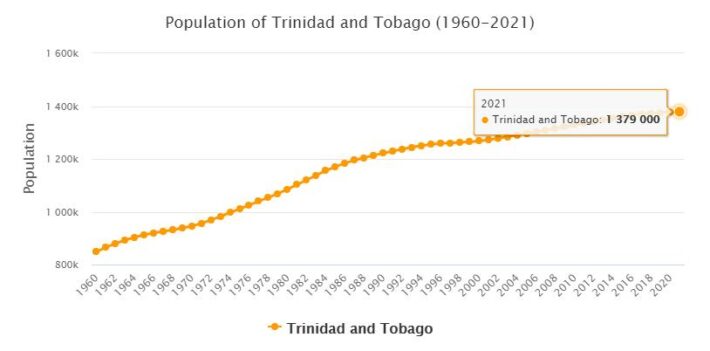Yearbook 2012
Trinidad and Tobago. In June, Prime Minister Kamla Persad-Bissessar made an extensive government reform. She created several new ministries at the same time as some ministers were downgraded to less important posts and two ministers were fired. The most notable change was that Jack Warner, the former head of the FIFA International Football Federation, was appointed new Minister of National Security. He replaced Brigadier General John Sandy. Warner had left FIFA a year earlier after allegations of corruption, which he rejected. He was former Minister of Labor, a post he got when Persad-Bissessar formed government after the 2010 election.
- AbbreviationFinder.org: Provides most commonly used acronyms and abbreviations for Trinidad and Tobago. Also includes location map, major cities, and country overview.
In October, the controversial security minister banned the police from publishing statistics on the murders in the country. Warner said that violence statistics can encourage others to commit crimes. Police officials said they intended to ignore the minister’s call and continue with their duty to inform the public about the crime in the country. Warner’s action was also heavily criticized by the opposition. Drug-related crimes are a major problem in Trinidad and Tobago, which has become an important transhipment site for cocaine from South America.
Population 2012
According to countryaah, the population of Trinidad and Tobago in 2012 was 1,370,217, ranking number 153 in the world. The population growth rate was 0.630% yearly, and the population density was 267.1205 people per km2.
HISTORY
Administered by Great Britain as a single territory since 1888, the two islands were part of the Federation of West Indies between 1958 and 1961. Internal political life was for forty years characterized by the predominance of the moderate People’s National Movement (PNM), an expression above all of the middle classes of African origin, founded in 1956 by E. Williams (continuously at the head of the government until his death in 1981). The PNM led the country to independence (August 31, 1962), then promoted its transformation into a republic within the Commonwealth (1976). In the 1986 elections, a coalition of opposition parties, the National Alliance for Reconstruction (NAR), whose leader, AN Robinson, assumed the leadership of the government, but in 1991 the PNM returned to the government. In the 1990s, the persistence of a serious economic situation and the maintenance of the austerity policy by the government fueled a strong social protest. In 1995, after the early elections, a coalition government was formed, with a progressive orientation, the result of the alliance between the United National Congress (UNC) and NAR. The new executive sought to revitalize the economy with a partial reduction in direct taxation and strengthened the police force to cope with the increase in crime related to drug trafficking. The 2000 elections confirmed the majority of the consensus in the UNC, but in 2001 the government went into crisis. The new political elections assigned the same number of seats to the UNC and the PNM and required further consultations in 2002, won by the PNM, still majority formation in 2007. In 2010 it was necessary to return to the vote and the UNC far exceeded the PNM, while the consultations held in 2015 have again registered the victory of the opposition party, reconfirmed at the helm of the country since the 2020 election.
